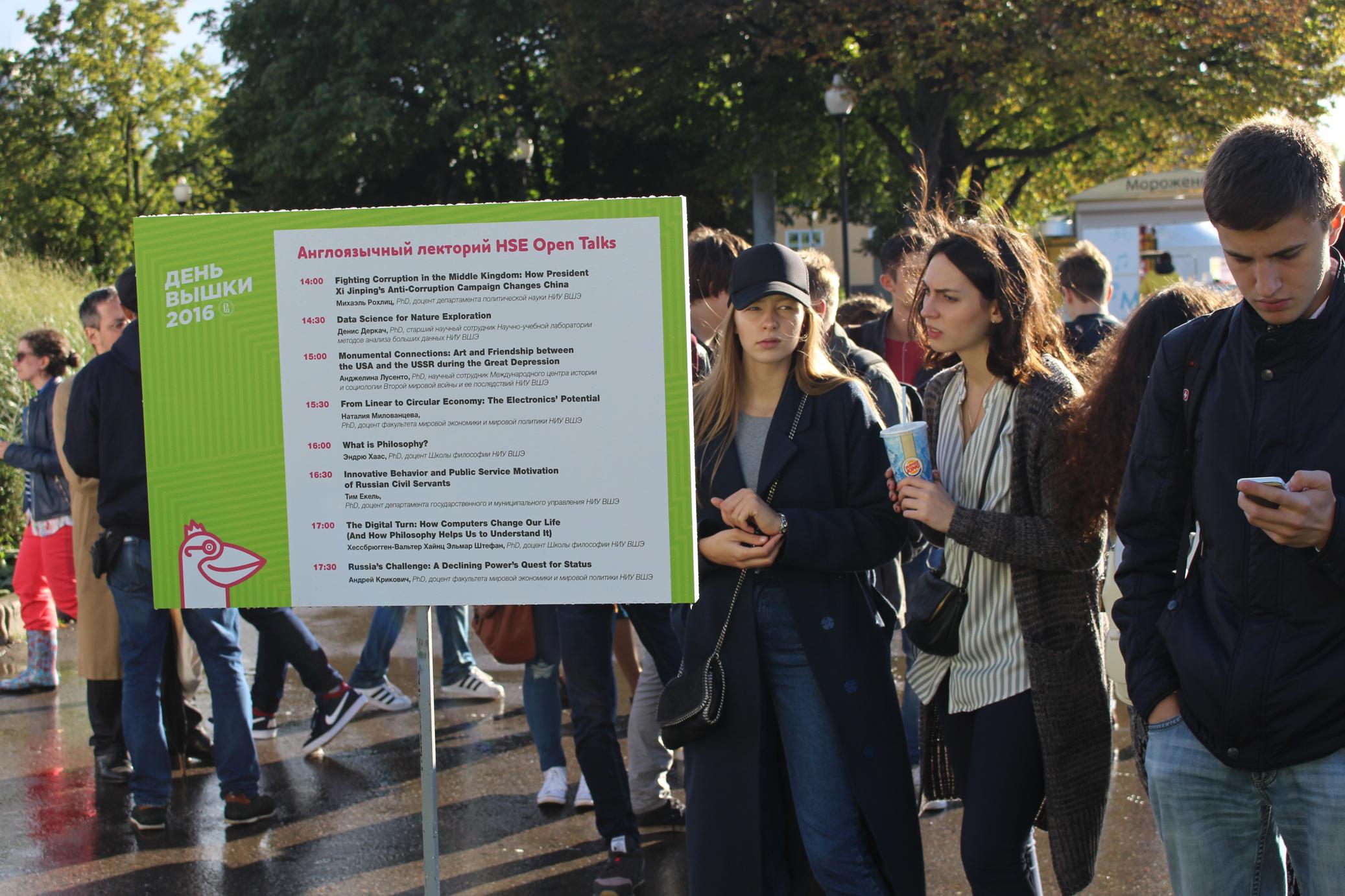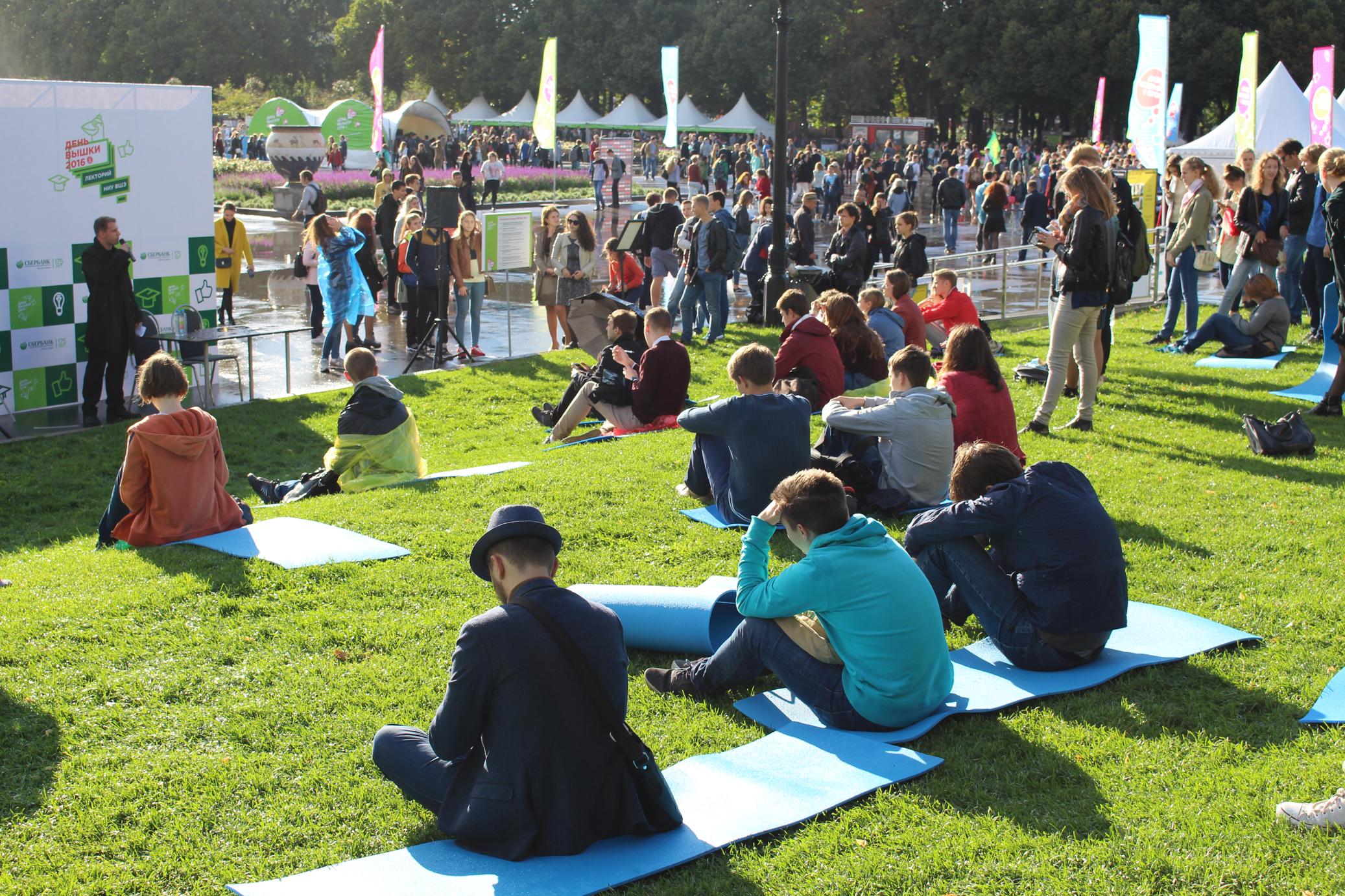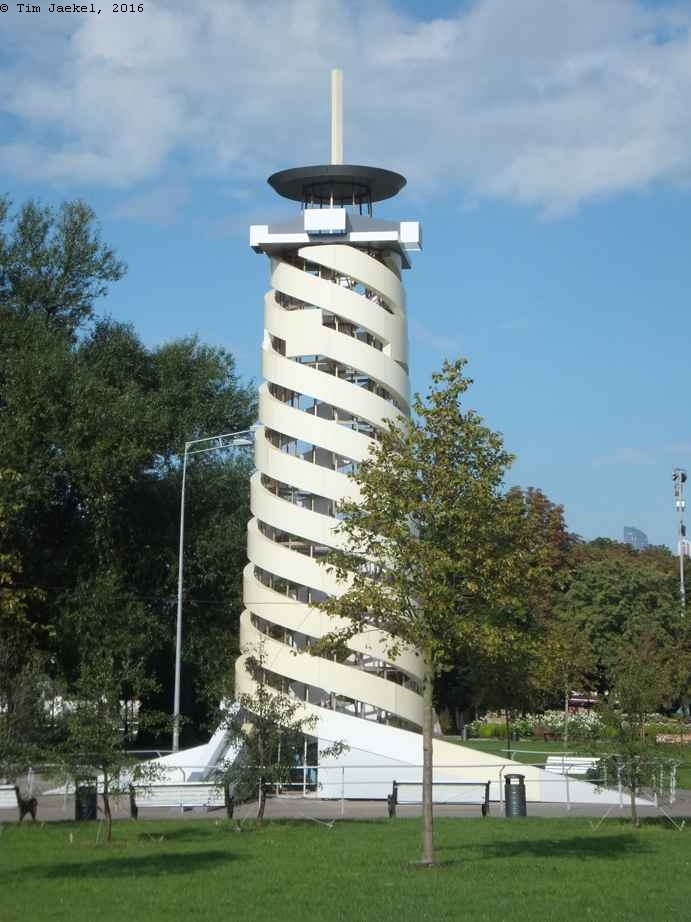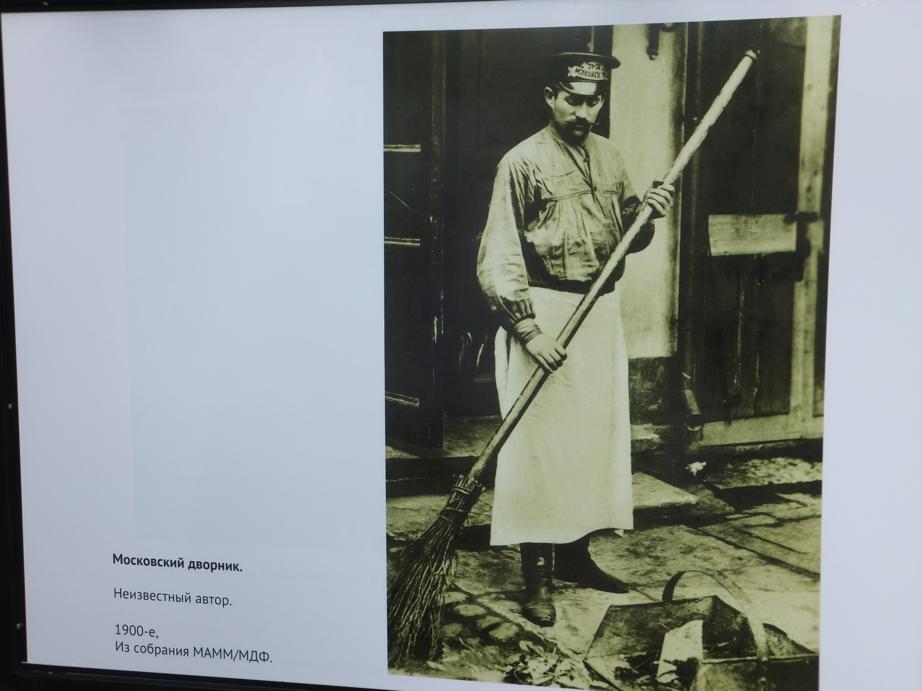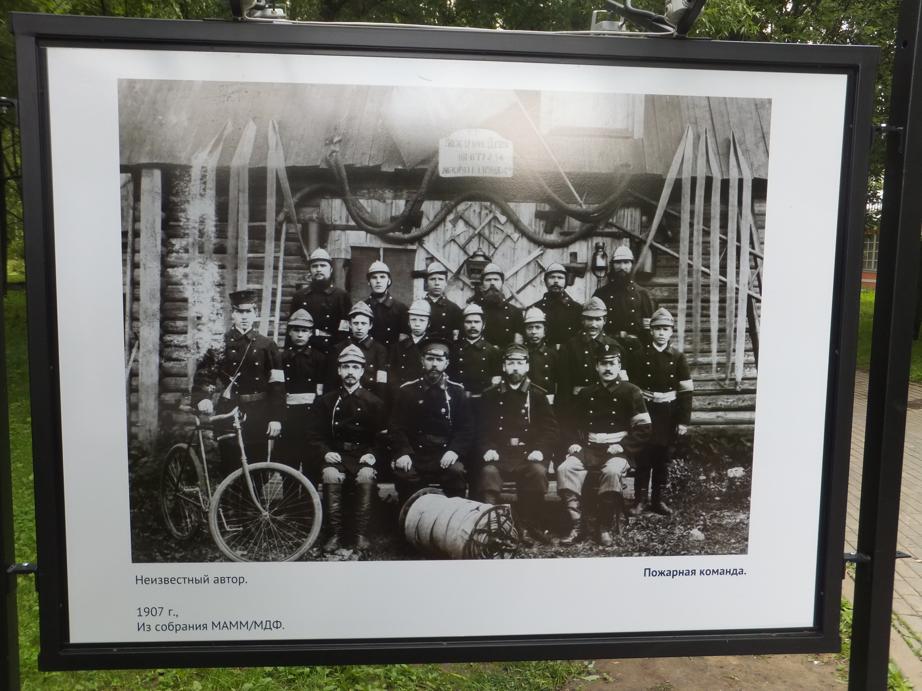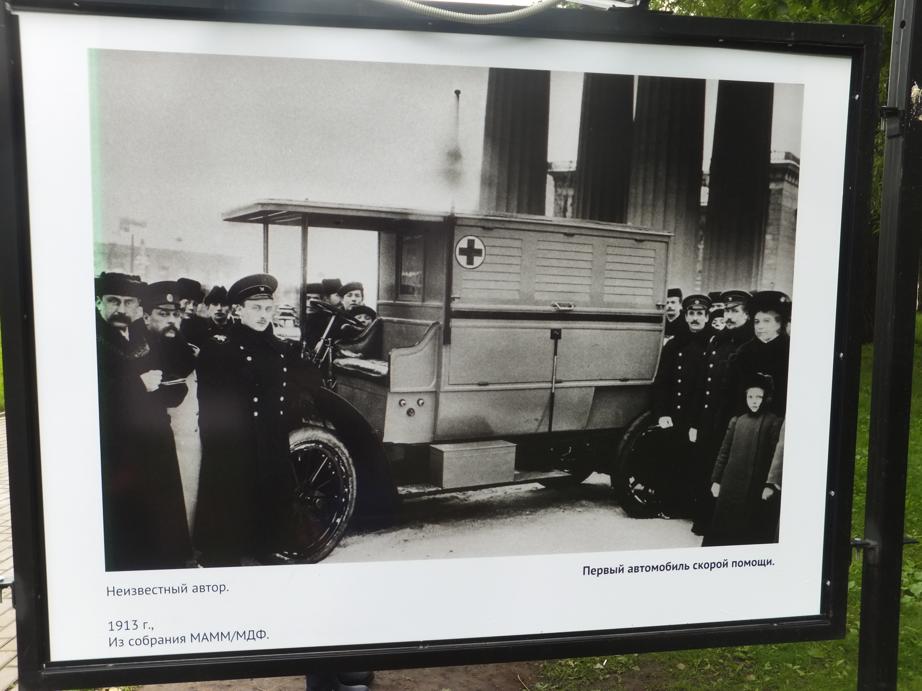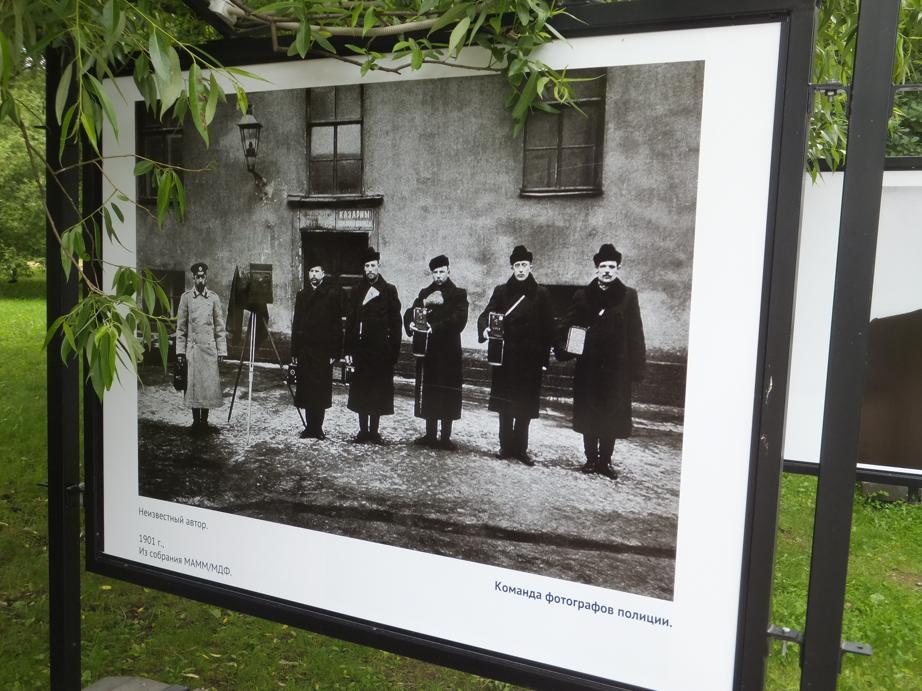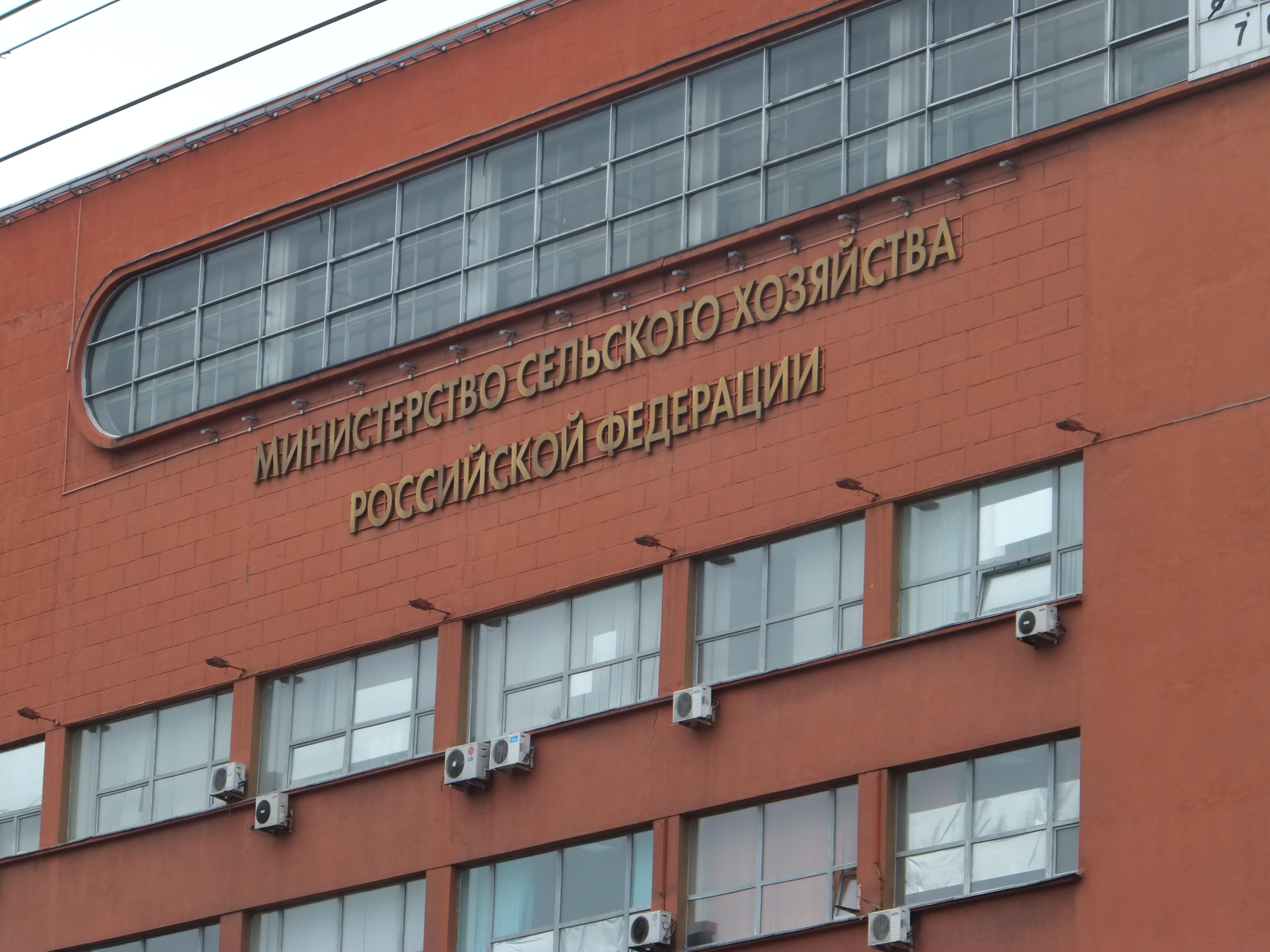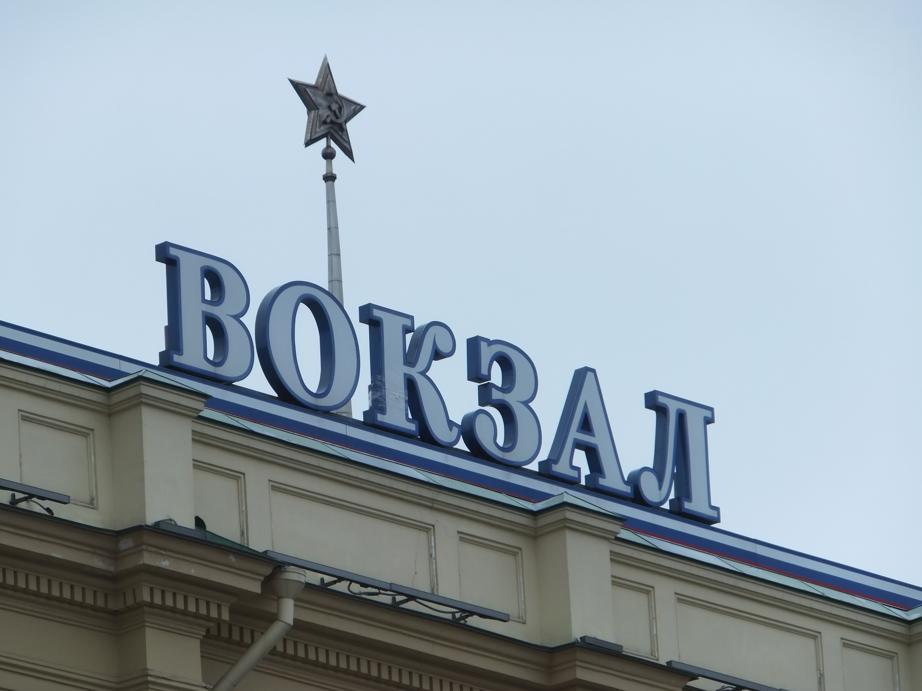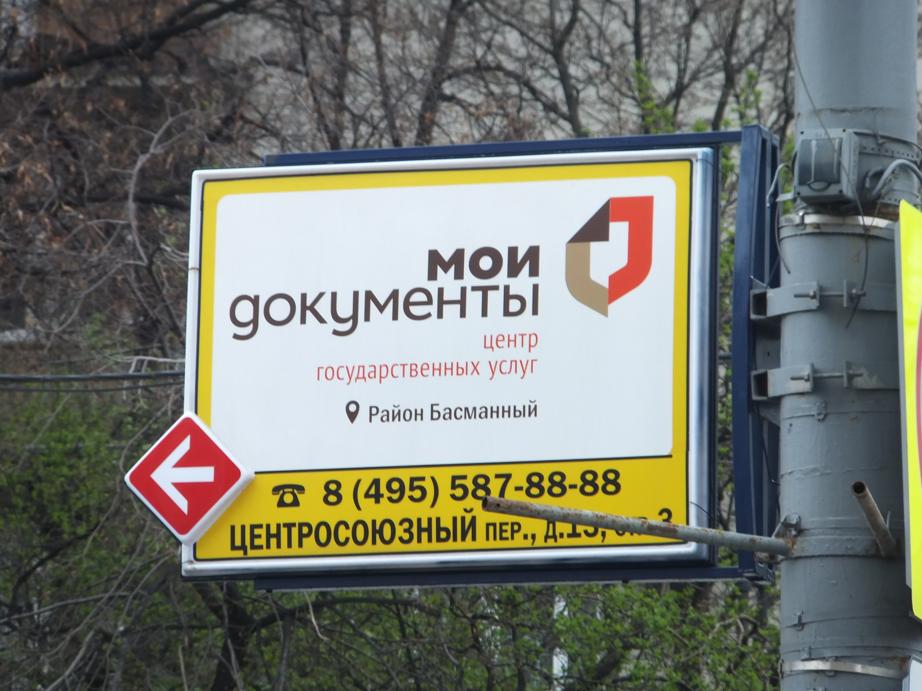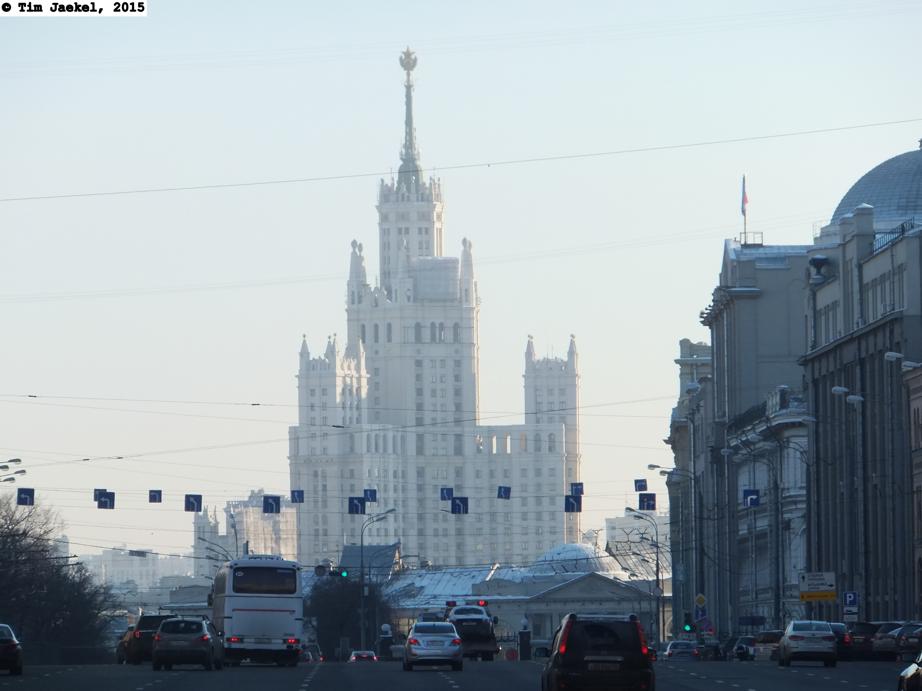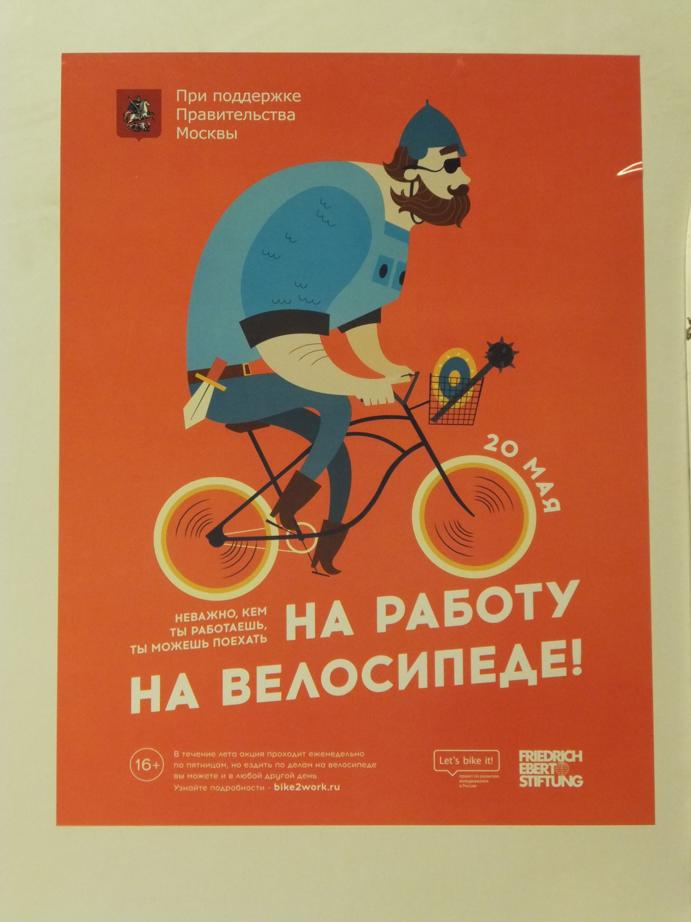This is the fourth and final part (4/4) of my Open Talk on innovative behavior and Russian Civil servants at Higher School of Economics (HSE) Day 2016 in Moscow’s Gorky Park.
Hypothesis Testing
I use this data and statistical techniques to study how motivation, job satisfaction, age, working experience relate to innovative and error-correcting behavior (outcome variable).
PSM positively correlated with innovation motivation
Results show that public service motivation is positively correlated with innovation motivation. I will gloom over technical details; estimation results suggest that an employee with a high, but not the highest level of public service motivation, exhibits innovative behavior.
For simplicity let us focus on very strong innovative behavior. Let’s take an average respondent, 42 years old female, 7 years of working experience. The only feature we vary is the level of PSM, from very low to very high. Results show that it is unlikely that an average civil servant with very low PSM is very innovative, the chance is 41 %. But with a high PSM the chance of innovative behavior is much bigger, around 70 percent. The figure also shows that too much PSM is not good for innovation. An average respondent with a very high PSM has a lower chance, some 60 % of heavy innovation.
Power motivation fails to achieve significance
In contrast, the self-reported level of Power motivation fails to achieve significance throughout models. My initial expectation was that power motivated civil servants put less emphasize on innovation. But this assumption does not stand the test of reality.
Job satisfaction positive impact
The results also show that job satisfaction has a positive impact on intense innovation motivation.
Encouragement to innovate
Also encouragement to innovate by management (five-choice-outcome) has a positive impact on intense innovative behavior.
Take Aways
Happy civil servants
What can governments and agency heads do to promote innovation in Public Administration? Provide a sound working environment; happy civil servants are more keen to fix errors. Satisfied civil servants are creative civil servants
Training and ethical leadership
Innovative activities also require ethical civil servants with a notable level of public service motivation. Agency heads and governments should emphasize such in-house training; university has to promote also ethical values.
Encouragement & Signaling
And we learn that encouragement seems to enhance innovative behavior. Signaling: Employees receive signals that change is appreciated.
Conclusion
Behavioral Public Administration
Public Administration plays an essential role in everyday life of Muscovites, and community members around the globe.
In my talk I first laid out that running a government agency successfully requires hierarchy, coordination of activities, and standard operating procedures.
The core essence was to demonstrate that beliefs and attitudes of civil servants do play a role for their administrative actions. This makes a strong point for a new strand of research, called Behavioral Public Administration.
Gorky Park
Getting back to Gorky Park (pictured above) I do not ask for another innovation, but a small evolutionary change: sell the ice cream at a lower price.
Thank you
